Table of Contents
Possessive pronouns are important words in English grammar that show ownership or belonging. They help us avoid repeating nouns and make sentences more natural. For example, instead of saying This is my book, we can say This book is mine. The word mine replaces my book and shows who owns it.
Possessive pronouns make sentences shorter and smoother while keeping their meaning clear. Learning how to use them correctly helps students write and speak English with confidence.
What Are Possessive Pronouns
A possessive pronoun is a word that replaces a noun phrase to show who something belongs to. It stands alone and does not come before a noun.
Examples:
- That pen is hers. (The word hers replaces her pen.)
- These shoes are ours. (The word ours replaces our shoes.)
- Is this bag yours? (yours replaces your bag.)
Possessive pronouns refer back to something that is already known, so there is no need to repeat the noun.
List of Possessive Pronouns
| Singular | Plural |
|---|---|
| mine | ours |
| yours | yours |
| his | theirs |
| hers | — |
| its | — |
Note: The word its is less common as a possessive pronoun because English speakers often use other structures such as the leg of it or its leg. The word yours is used for both singular and plural when speaking to one or more people.
Difference Between Possessive Pronouns and Possessive Adjectives
Possessive pronouns and possessive adjectives both show ownership, but they have different grammatical functions. A possessive adjective always comes before a noun, while a possessive pronoun replaces the noun completely.
Examples:
- This is my book. (possessive adjective)
- This book is mine. (possessive pronoun)
- That is her car. (possessive adjective)
- That car is hers. (possessive pronoun)
- These are our bags. (possessive adjective)
- These bags are ours. (possessive pronoun)
A possessive pronoun cannot be used directly before a noun because it already includes the meaning of possession.
Using Possessive Pronouns in Sentences
Possessive pronouns show ownership or relationship in clear and direct ways. They can refer to people, animals, or things.
Examples:
- The red umbrella is mine.
- His is on the desk; mine is in my bag.
- The blue house is theirs.
- That playground near the school is ours.
- Is this notebook yours?
Each of these examples avoids repeating the noun and makes the sentence easier to read.
Common Mistakes with Possessive Pronouns
1. Using an Apostrophe Incorrectly
Possessive pronouns never take an apostrophe.
Incorrect: This is it’s cover.
Correct: This is its cover.
2. Mixing Possessive Adjectives and Pronouns
Possessive adjectives must come before a noun, and possessive pronouns stand alone.
Incorrect: This is my.
Correct: This is mine.
3. Agreement Mistakes
The possessive pronoun must agree with the owner, not with the thing owned.
Incorrect: The boys lost his ball.
Correct: The boys lost their ball.
Summary
Possessive pronouns are used to show ownership or belonging. They replace nouns and help sentences sound natural and complete. The main possessive pronouns are mine, yours, his, hers, ours, theirs, and its.
They should never be followed by a noun and must always agree with the possessor. Correct use of possessive pronouns helps English learners speak and write more clearly.
Examples Recap:
- This pen is mine.
- That house is theirs.
- The garden near the corner is ours.
- Is this pencil yours?
FAQs on Possessive Pronouns
1. What is a possessive pronoun?
A possessive pronoun replaces a noun to show ownership (e.g., mine, yours, his, hers, its, ours, theirs).
2. What is the difference between its and it’s?
“Its” shows possession, while “it’s” is a contraction for “it is” or “it has”.
3. Can possessive pronouns have apostrophes?
No, possessive pronouns (e.g., yours, hers, theirs) never use apostrophes.
4. How do possessive pronouns differ from possessive adjectives?
Possessive pronouns stand alone (e.g., This book is mine), while possessive adjectives modify nouns (e.g., This is my book).
5. Can “their” be used as a singular possessive pronoun?
Yes, “their” can refer to a singular person when gender is unknown (e.g., Someone left their bag).
You May Also Like

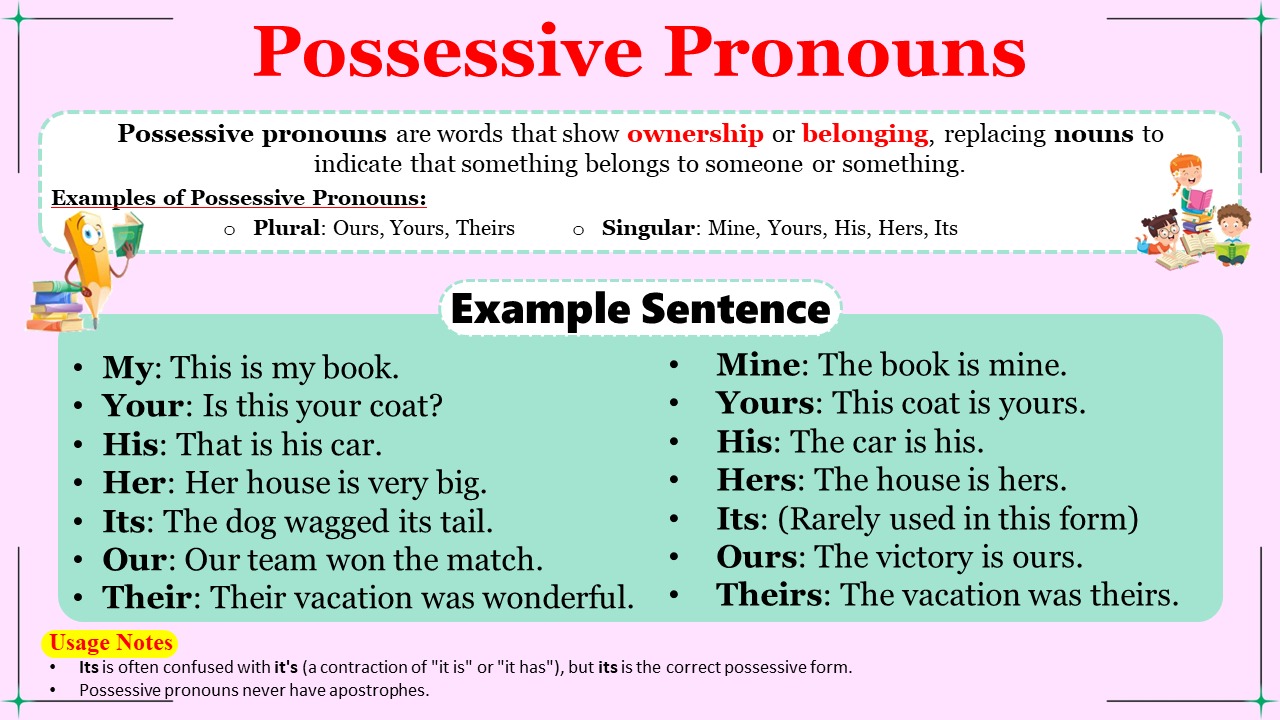
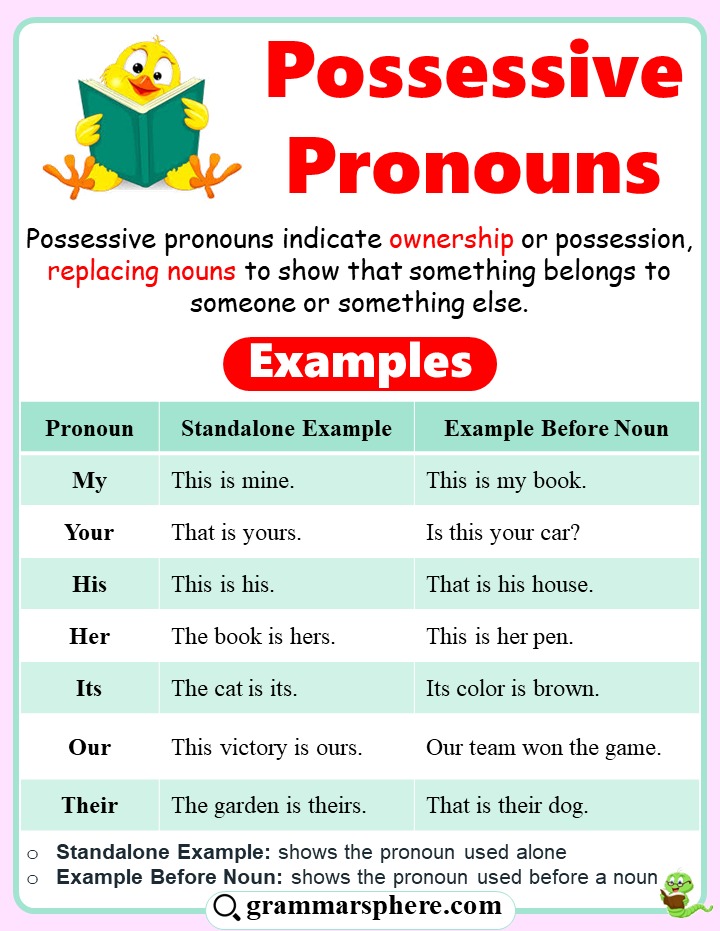
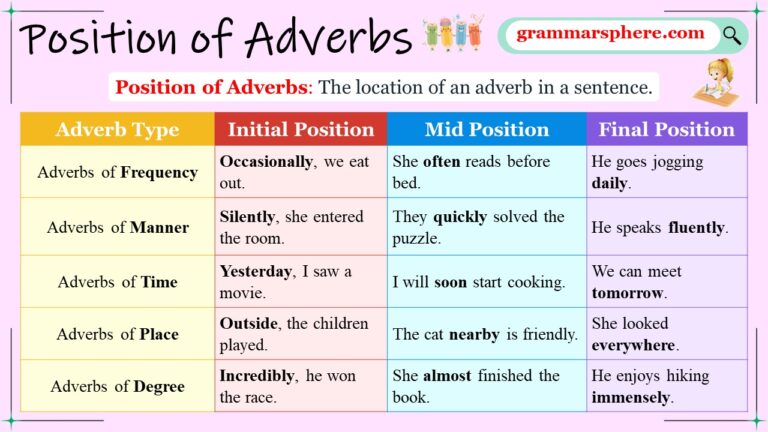
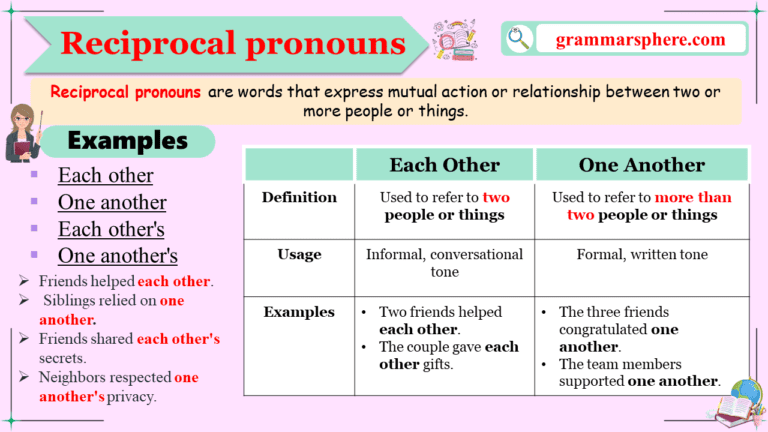
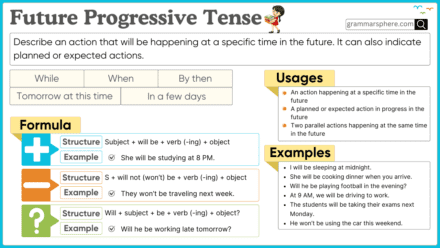
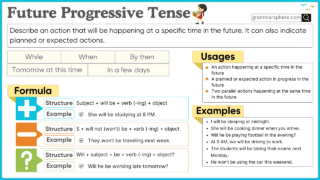
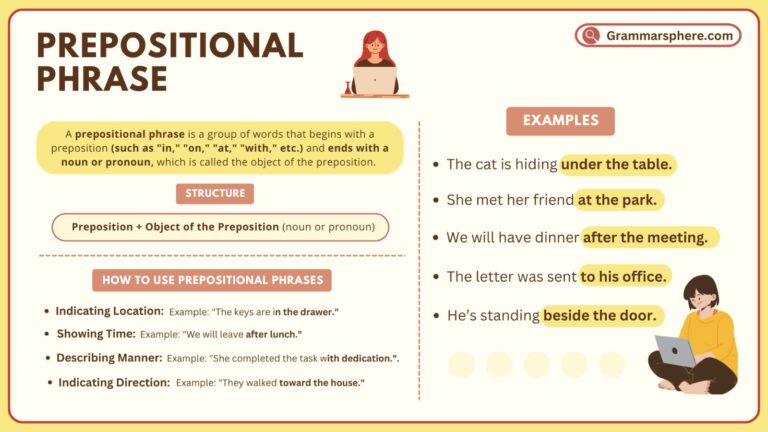
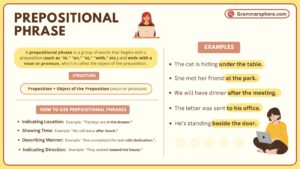
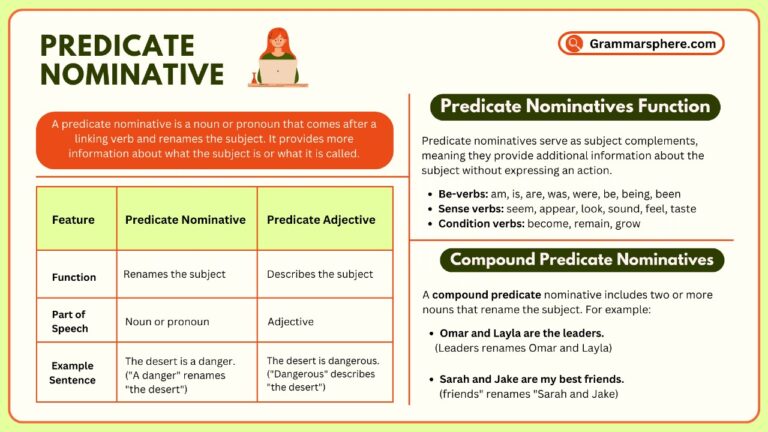
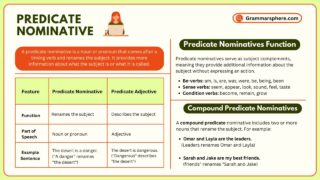
Leave a Comment